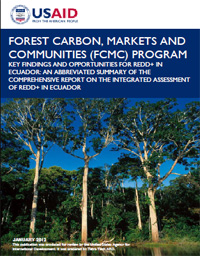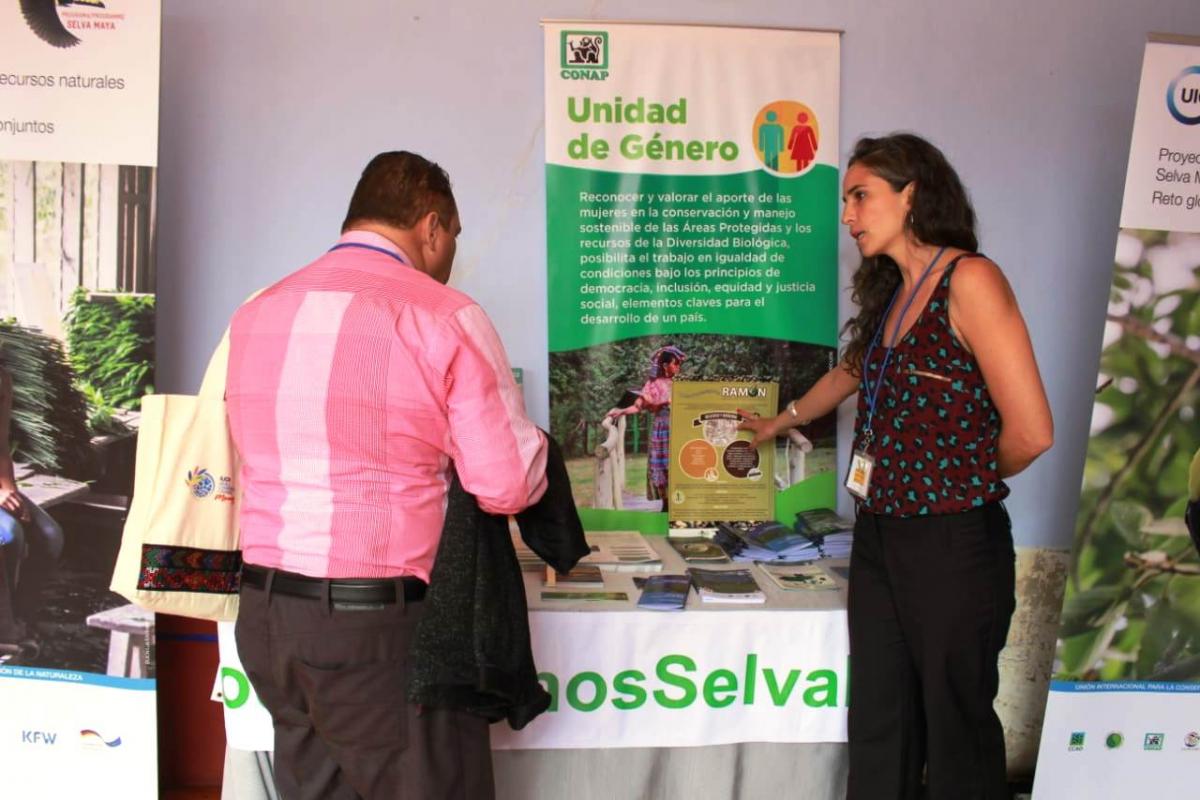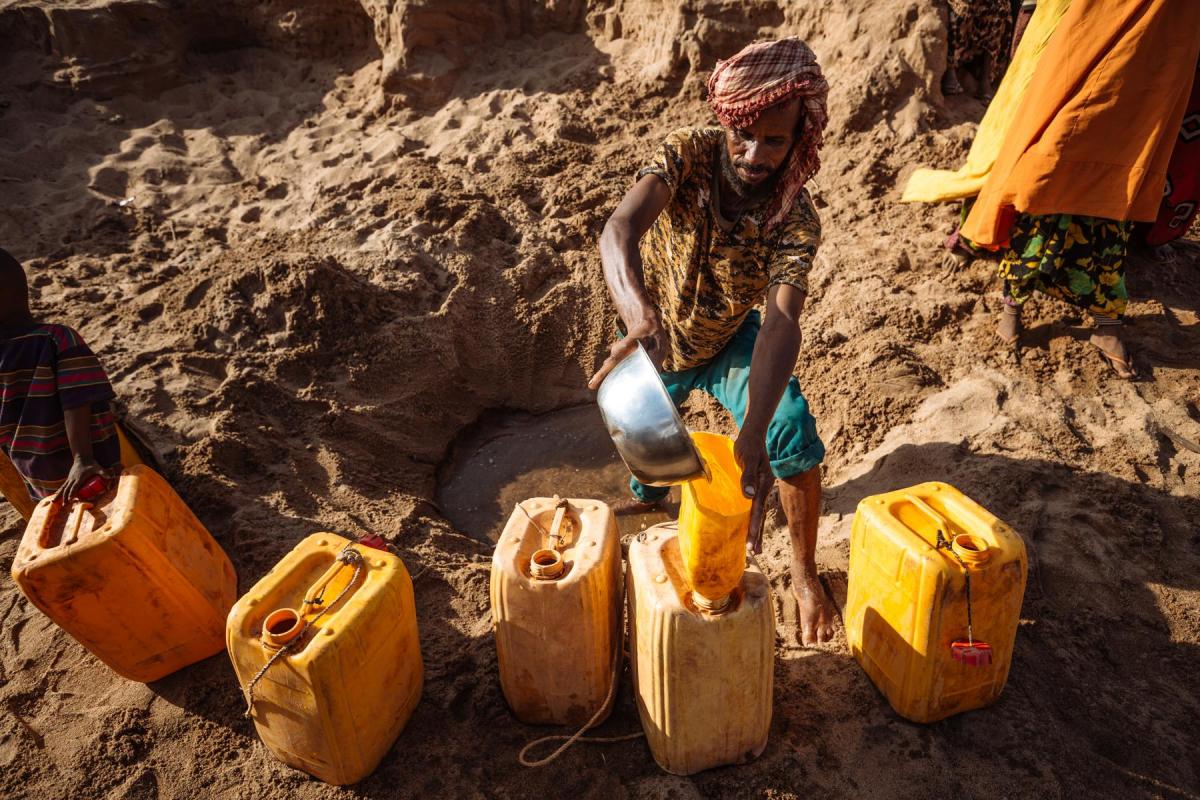Key findings and opportunities for REDD+ in Ecuador: an abbreviated summary of the comprehensive report on the integrated assessment of REDD+ in Ecuador
The Government of Ecuador (GoE) has taken important steps to demonstrate commitment to issues related to conserving forests and forest carbon in general, and more specifically, the various existing and potential opportunities to engage in what is known as reduced emissions from deforestation and forest degradation (REDD+).1

Photo:
The GoE has initiated several concrete steps towards developing a solid National REDD+ Program. These measures will contribute to building a solid foundation for future actions. Unlike many other countries, Ecuador began work on REDD+ issues prior to receiving multilateral support. Subsequently, in 2011, the GoE’s first proposal to the United Nations Collaborative Program on Reducing Emissions from Deforestation and Forest Degradation in Developing Countries (UN-REDD) program was approved.
Additional support was given by other donors, most notably Deutsche Gesellschaft für Internationale Zusammenarbeit GmbH (GIZ) and Kreditanstalt für Wiederaufbau (KfW). In addition, Ecuador has made significant progress in adapting the REDD+ Social and Environmental Standards to the national context. Their experience with previously implemented forest conservation interventions can offer lessons for the National REDD+ Program, including from a number of early experiences for the voluntary market, the Socio Bosque Program (SBP), and watershed payment for ecosystem services programs.



